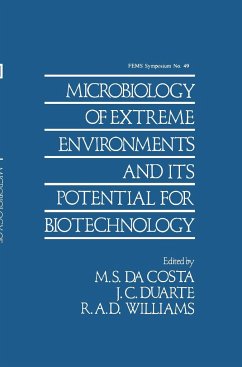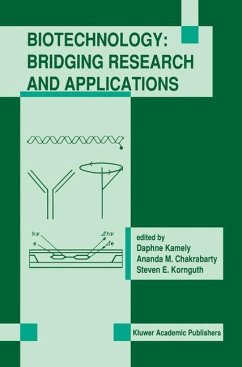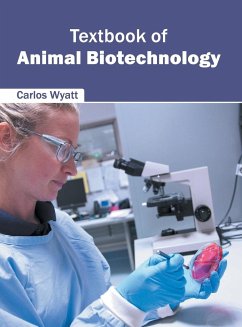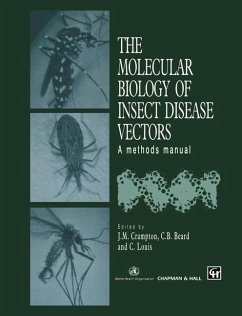
Molecular Biology and Biotechnology of Extremophiles
Versandkostenfrei!
Versandfertig in 6-10 Tagen
38,99 €
inkl. MwSt.

PAYBACK Punkte
19 °P sammeln!
It is now well recognised that many environments considered by man to be extreme are colonised by micro-organisms which are specifically adapted to these ecological niches. These organisms not only survive but actively grow under such conditions. A diverse range of bacteria, cyanobacteria, algae and yeasts has now been isolated from these habitats which are extreme in terms oftemperature, pH, salinity and pressure as well as species which are resistant to radiation and toxic chemicals. Whilst originally considered to be mere 'scientific curiosities', it is now generally accepted that many have...
It is now well recognised that many environments considered by man to be extreme are colonised by micro-organisms which are specifically adapted to these ecological niches. These organisms not only survive but actively grow under such conditions. A diverse range of bacteria, cyanobacteria, algae and yeasts has now been isolated from these habitats which are extreme in terms oftemperature, pH, salinity and pressure as well as species which are resistant to radiation and toxic chemicals. Whilst originally considered to be mere 'scientific curiosities', it is now generally accepted that many have con siderable biotechnological and commercial significance. Recently the term 'extremophile' has been used to describe these organisms. Over the past twenty years extensive studies of the ecology, physiology, taxonomy and molecular biology of these micro-organisms have been undertaken. These have resulted in a complete reassessment of our concept ofmicrobial evolution. The identification ofthe Archaeobacteria as the third kingdom ofliving organisms has given considerable impetus to extremophile research and is presenting many new challenges.














